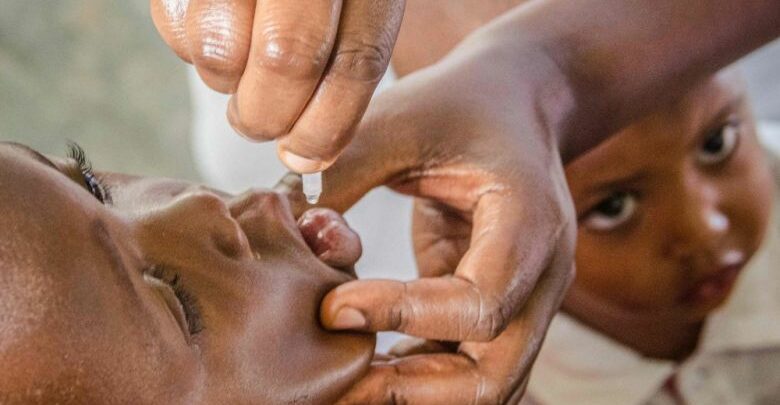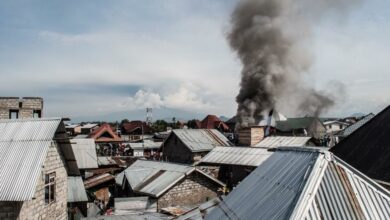
The World Health Organization’s (WHO) Africa office on Thursday said the ongoing coronavirus pandemic has had an adverse impact on key health services in Africa, raising fears that some of the continent’s main health problems are flaring up, reported Reuters.
During a virtual news briefing, Dr. Matshidiso Moeti, the WHO regional director for Africa, said the COVID-19 pandemic has had indirect consequences on vital health services in Africa.
“As health resources are heavily focused on COVID-19, coupled with fear and restrictions affecting people’s daily lives, vulnerable populations face an increasing risk of falling through the cracks,” Moeti said.
The WHO official said it is important for countries to strengthen their health systems to better cope with future crises. She said a robust health system is the foundation for emergency preparedness and response. However, she warned that as countries ease restrictions related to COVID-19, there are chances that the pandemic might resurface.
Moeti said a new wave of COVID-19 infections could further disrupt essential health services that are just recovering from the initial impact.
“The more children are left unprotected from measles and other childhood illnesses, the more likely it becomes for fatal outbreaks to break out and kill more than COVID-19,” she added.
Africa has reported over 1.8. Million confirmed COVID-19 cases and 43,700 fatalities so far. The continent has been spared the worst consequences of COVID-19, with relatively lower death rates and infections seen elsewhere.
Notably, lockdowns imposed by several African countries to stop the spread of coronavirus in May, June, and July contributed to an over 50% drop in healthcare services monitored by WHO.
Moeti said an extra 1.3 million children aged under one missed their first doses of the measles vaccine from January to August this year as compared to the same period last year. Also in Nigeria, more than 362,000 pregnant women missed their ante-natal care between March and August.






